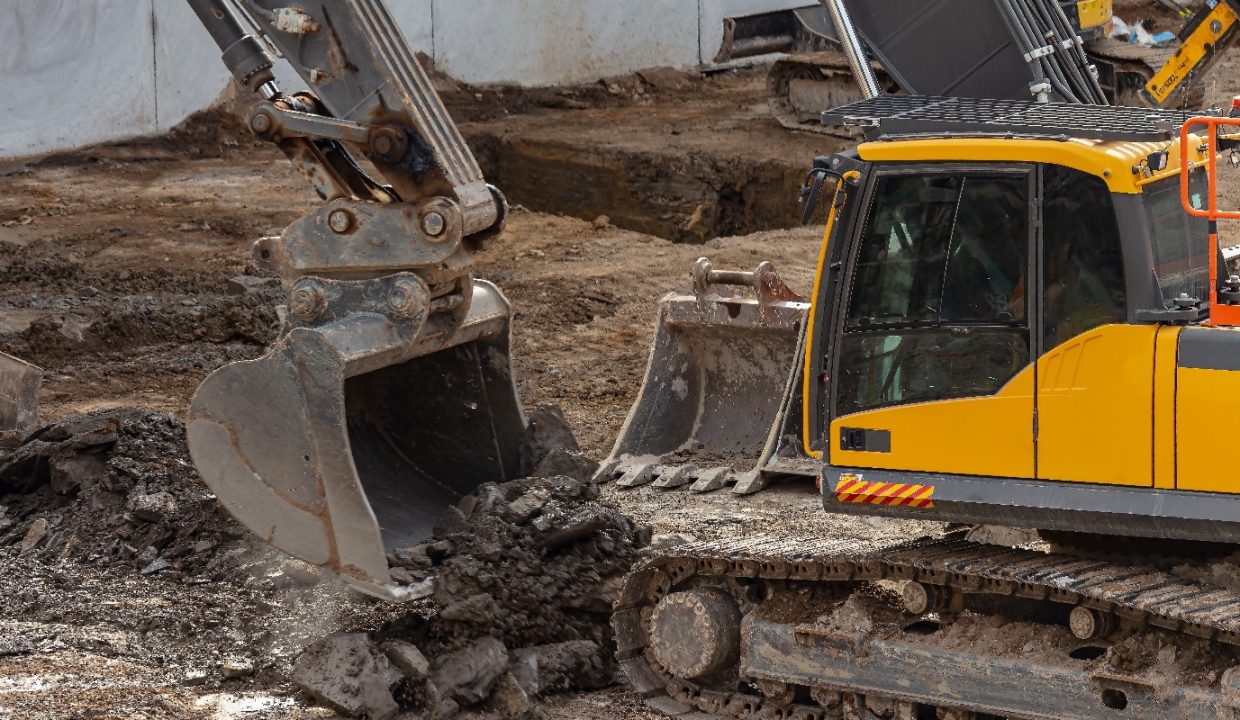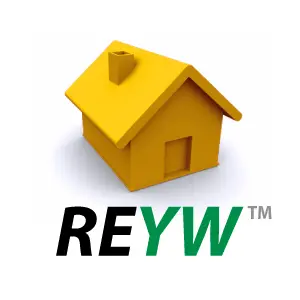
Choosing between equipment loans and leasing when buying earthmoving equipment can be difficult regardless the size of your business. Generally, the choice should align with your business’s financial capabilities, your growth plans and your equipment needs. Leasing may be more attractive if you expect rapid technological advancements that could make your equipment obsolete. Otherwise, purchasing might be a better option.
The benefits of equipment ownership
You have several options when it comes to acquiring earthmoving equipment. One of the most common choices is to own the equipment outright. There are several advantages to owning your equipment:
Economic efficiency: Owning your earthmoving equipment is often more economical in the long run than leasing or making monthly payments with interest. While the initial investment might be higher, you won’t have to worry about ongoing lease payments.
Asset ownership: When you own the equipment, it’s a valuable asset for your business. You can use it as collateral for loans and it contributes to the overall value of your company.
Control: Equipment ownership gives you full control over its use, maintenance, and customisation. You can adapt the machinery to meet your specific needs and preferences.
Tax benefits: Depending on your location and the equipment, you might be eligible for tax benefits related to equipment depreciation and ownership.
Equipment loans and leasing
Not every business can afford to purchase earthmoving equipment outright, especially when new. If that’s the case, your new business can explore equipment loans and leasing as an option.
Equipment loans: An equipment loan allows you to acquire the equipment you need while spreading the purchase cost over time. This means you’ll own the asset once the loan is paid off. It’s a viable option if you have a good credit history and are confident about your business’s profitability.
Leasing: Leasing provides flexibility, as you can access the equipment without a substantial upfront investment. While leasing may cost more in the long run, it allows you to get started quickly and upgrade your equipment as technology advances. Plus, lease payments may be tax-deductible.

